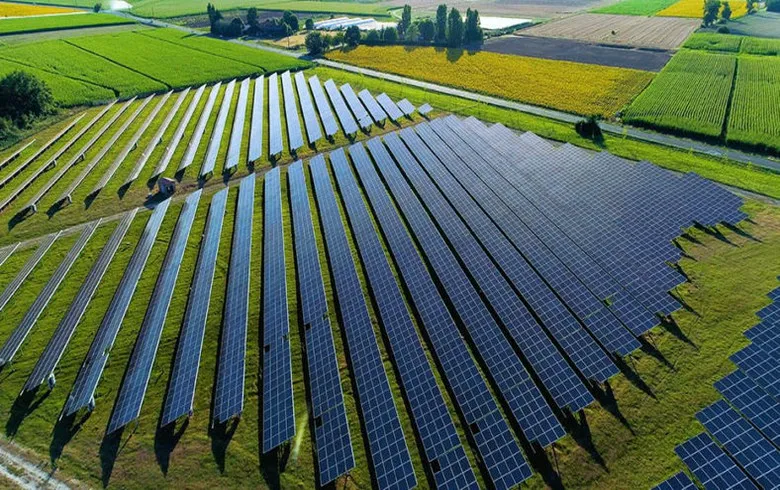Germany's Rhenish mining area to go greener
- The German state of North Rhine-Westphalia as well as a team of municipalities as well as energy firms plan to greater than double the capacity for sustainable power generation in the Rhenish lignite mining location to 5 GW by 2028 as well as push the expansion of green power for heating.

An arrangement on the effort, known as the Gigawatt Pact, was joined Monday in between the government of North Rhine-Westphalia as well as concerning 50 municipalities, areas and energy business in the area. Participants from the power sector include both tiny regional energies and bigger players such as RWE Renewables and also Energiekontor (ETR: EKT).
The Rhenish lignite mining area now has a green energy capacity of 2.3 GW.
The state government has vowed to support the renewables push with funding and better framework problems that must increase the planning and also authorization procedures for projects. In addition, the state will certainly allow the use of agrivoltaics and also floating photovoltaics in addition to wind turbines in damaged wood areas.
The Russian invasion of Ukraine is stepping up pressure to minimize the hefty reliance on fossil fuel imports. For North Rhine-Westphalia it is essential to go a step additionally with the Gigawatt Pact as well as expand renewables, said the state's power minister Andreas Pinkwart.
The Gigawatt Pact was met criticism by the state's association of renewable resources LEE-NRW. While the association invited the expansion target, it worried that the state federal government, which has actually been in power since the summer season of 2017, has not made any initiatives to promote the development of wind power. As a matter of fact, the deployment of new wind turbines has been interfered with by distancing rules, LEE-NRW stated in a statement on Monday.
The association kept in mind even more that the federal government is making only vague guarantees for adjustments simply a couple of weeks before the state political elections. A Gigawatt Pact is essential not only for the Rhenish mining area but also for the entire state, according to LEE-NRW.
Last year, the western German state released concerning 300 MW of onshore wind and also some 610 MW of solar photovoltaic (PV) capacity.
Also read

